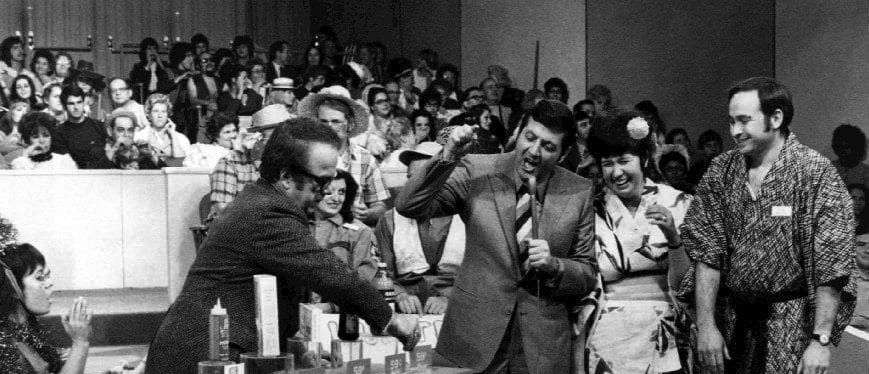
Why Forward-Thinking Leaders Focus on Closing Deals in Q4
Matt Lopez
With October around the corner, we are coming into the biggest budget allocation period of the year. Budgets need to be spent or divisions will lose that money for next year.
My prediction for this year is that although this will be the best quarter for early and mid-stage startups, there will be too much money left on the table due to poor pipeline management, unneeded focus on annual deals mid-year, and the trials that were sold convert relatively poorly (sub 75%). Many times, this can be attributed to leaders focusing on brining in any deals instead of thinking through each deal and particularly those with Fortune 500 organizations. Leaders look at deals myopically and do not have a plan over the next 18-24 months to grow the deal. This leads to deals done hastily today that have long-term negative effects on revenue down the road.
It’s still September so there may be something to be done! We still may be able to blow out Q4 if we can quickly identify the following trends and adjust.
1. Know, deal by deal, when the annual budget is reviewed for each client
People are terrified to ask, but my sales organizations have never had these issues by just asking, “when is budget season.” This sets the whole tone for what the first deal should look like, and how we think about managing the client over the year. For example, if you are in the proposal phase with a client now and are “waiting on approval”… just ask, “When is the normal budget approval process?” This is particularly critical when it comes to trials, which I will discuss later.
If you know when they budget and how the process works, you will have a much better idea of how to position your deal. You’ll also be able to work backward from that date in order to supply the company with what they need to make it happen.
#SalesBoom: Look at your annual deals with big companies that are outside of their budget cycle and set up an “annual renewal” process now. Tell them you want to discuss your roadmap for 2015, and since they are budgeting now, it will be critical to discuss results and areas of partnership. Think of this as treating your annual deal, sold in May, as a deal that has to renew by January 1. Worst case, you will have already laid out potential areas of future partnership and can ask them to reserve budget for future campaigns.
2. Stop focusing on closing the annual deal outside of budget season – wait, is that bad?
Yes, many times an annual deal done in August is a bad thing. This may be counterintuitive, and there are of course outliers, but for the most part no company’s budget season ends in Feb – Sept. Meaning when you sell an annual deal in one of these months, you learn the lesson the hard way in year two with a flat renewal. Startup says, “We have shown great results and now want you to spend more… what do you mean you can only budget a 20% increase!?!!”
They can’t do much more because they don’t have the wiggle room. They have already spent their discretionary budget.
#SalesBoom: Assuming the fiscal and regular calendar cycles are lined up, set up an “Annual 10 month contract” instead of closing a 12 month deal in March (to renew next March). This will allow you to prove your value so when you are renewing the deal, it is in budget season and MUCH more likely to grow the deal by 100+%.
3. One size fits all “trials” don’t lead to high conversion
I have worked with many enterprise B2B companies that have a “trial” package that is very similar from client to client. Not only does it mean that you will be selling someone a “one size fits all” solution that automatically lowers the quality of the partnership, but it also may not align to budget season. You will lose the deal, not because you didn’t deliver, but because they can’t upgrade to the annual plan since they have already spent their budget.
The trial should lead you to the budget season and annual deal. It can even be better to wait to actually start the deal if they can line up to the budget cycle. This is better than a 3-month trial that starts in March, which prohibits the client from allocating the 300% increase in price suggested. A top tier sales organization knows this and aligns trials to be successful first, and align to budget cycles next.
Overall, you want to close deals for the maximum value, but with larger companies you are hurting your deal sizes in upcoming years by closing slightly larger deals now. Winning sales organizations treat each deal separately and think about the particular budget cycles of their mid-sized and larger clients to ensure they are closing deals that will convert at higher amounts in deals 2, 3, & 4. Understanding the issues above, you can take a look at your largest clients now and set up a much larger Q4 than you ever could have expected.
If someone can spend $75,000 on an annual deal, they could instead use that same budget for an 8-month trial that converts at $200,000 in December vs a slight upgrade of the package, off budget cycle, that converts flat. Think smart about your deals and you will close much larger enterprise deals over time.